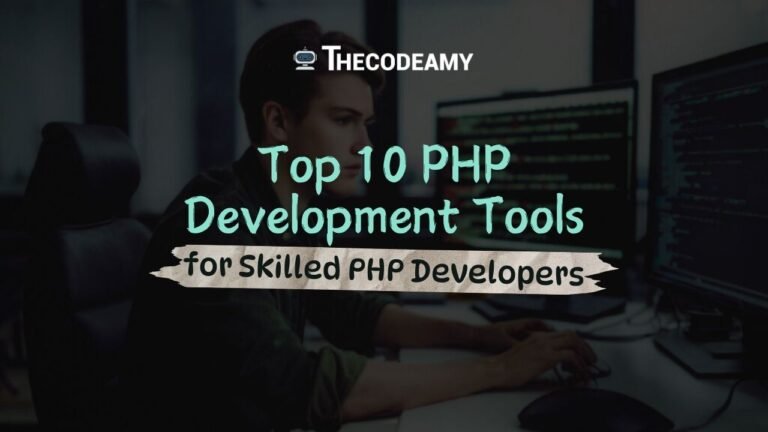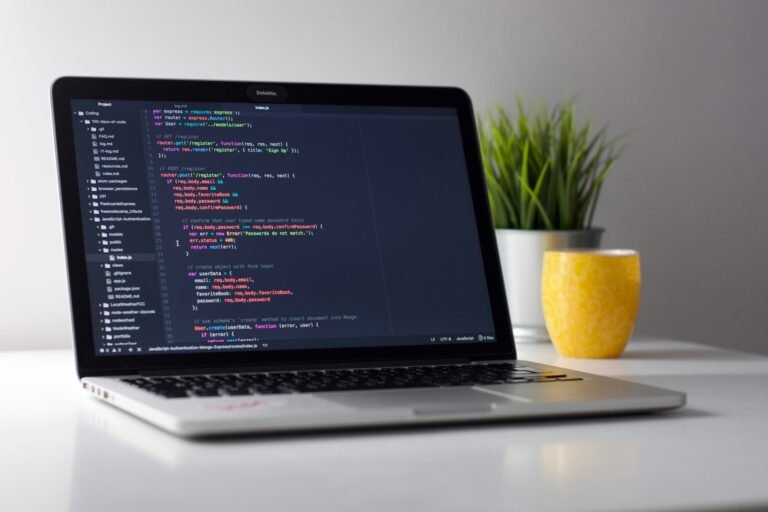A Comprehensive Review of Harvard's Introduction to Computer Science Course (CS50)
- By Nadim Chowdhury
- April 28, 2024
CS50 Introduction to Computer Science is one of Harvard’s most popular online courses, with over 5.4 million students registered worldwide. It is known for its quality, and it can definitely be said that it is one of the best courses ever. I myself was a student of this course, and I was amazed by the course content and the fun organization; This course is completely free. By adopting and practicing its content, one’s thinking ability and problem-solving skills will improve. And of course, we can’t forget about the instructor, David J. Malan. He’s worked really hard to create these course modules for us. And at the beginning of every year they refresh the entire course modules.
Why should you choose CS50?
Cs50 may be the best course for you for several reasons. Below are some reasons:
- In my view, Harvard University offers one of its best courses through CS50. This indicates that participants can expect high-quality instruction and access to superior educational content.
- It offers a comprehensive introduction to various topics in computer science, including algorithms, data structures, and programming languages like C, Python, and SQL. This provides a solid foundation.
- A notable aspect of this course is its flexibility – it does not follow a fixed schedule, allowing participants to complete it at their own pace, and this feature helped me to complete this course. Additionally, lectures are available on multiple platforms, including EdX and freeCodeCamp’s YouTube channel.
- This course provides a certificate to enhance your resume, which can help you get selected by more companies for your job. Many people think they got jobs because of this certificate.
- Best of all, you can access all the lectures and modules in this course for free.
Some common questions about this course
Is this a course for beginners?
Yes. You might be surprised to know that about 66% of CS50 students have never taken a computer science course before. So, if you are a beginner and want to learn the basics, you are on the right track.

But remember the course will not be easy. Although many say it’s easy, the problem sets and labs can be challenging for beginners. So you should spend an average of about 3 hours per day on this course to avoid dropping out.
Will I be awarded a certificate upon finishing the course?
After finishing the CS50 course, you have two choices for getting the certificate. You can either get a free certificate, or you can choose to pay a fee for a verified certificate from edX.
If the course isn’t completed by December 31st, what happens?
This isn’t a significant concern; you can submit it anytime within the following year if you wish. Many participants have done so in the past. The course content sees only minor updates, remaining largely unchanged.
CS50 Weekly Path
Week 0: Learn Scratch
At the start of the course, you’ll learn the basics of computer science. You’ll begin by understanding binary numbers, which are like the language computers speak. Then, you’ll learn about Unicode, which helps computers understand different letters and symbols. After that, you’ll explore color codes used for showing colors on computers. Next, you’ll learn about algorithms and pseudocode, which are like step-by-step instructions for solving problems. You’ll also get introduced to artificial intelligence, which is about teaching computers to think and learn like humans. Lastly, you’ll have fun with Scratch, a simple programming language where you can make your own stories, games, and animations.
Week 1: Learn C
In the first week of the course, you’ll delve into C, which is a foundational programming language.
You’ll cover fundamental programming concepts such as functions, conditional statements, boolean expressions, loops, and variables.
For your assignment, you’ll be tasked with creating a program that generates a pyramid of symbols, reminiscent of the ones you encounter at the completion of a level in a Super Mario game.
Week 2: Introduction to Arrays
In the second week, you will learn about compiling programs in C, debugging, arrays, characters, strings, and command line arguments.
In the lab, you’ll create a program for Caesar’s cipher, and for the problem set, you’ll tackle Scrabble-type challenges.
Week 3: Introduction to Algorithms
In week three, you’ll study various search methods like linear and binary search, and different sorting techniques such as selection and bubble sort. Additionally, you’ll explore recursion.
You’ll also dive into big O notation, which might seem tough but is crucial in computer science. Luckily, the course offers extra short videos on complex topics, giving a clearer explanation with examples.
Week 4: Computer Memory
In the fourth week, emphasis will be placed on understanding memory-related concepts, covering pointers, addressing, memory allocation, freeing memory, detecting memory leaks, and stack overflow. The lab and problem set tasks revolve around editing audio and image files.
Week 5: Data Structures
In week five, which is the last week of programming in C, you will discover how pointers are convenient for storing memory addresses, especially in linked lists.
The lab reinforces your understanding of pointers, while the problem set requires you to create a spell-check program. This task can be challenging, so it is essential to carefully understand the provided starter files before starting.
Week 6: Learn Python Basics
In week six, we move from C to Python, a widely-used programming language known for its simplicity compared to C. You’ll tackle problem sets that require you to convert earlier programs written in C into Python.
Week 7: SQL and Relational Databases
In week seven, you’ll explore relational databases and SQL (Structured Query Language), practicing with SQLite to run queries both on the command line and in Python.
For the problem set, you’ll enjoy solving a mystery involving the theft of a CS50 duck using a series of SQL queries!
Week 8: HTML, CSS, and JavaScript
In eight weeks, you’ll delve into the fundamentals of the Internet and the Web, learning HTML, CSS, and JavaScript for client-side development.
For the problem set, you will have the opportunity to create a personalized homepage displaying information about yourself.
Week 9: Flask
In week nine, you’ll dive into Flask, a simple Python tool for building web applications. You’ll learn about forms, layouts, and templates using Jinja, handling POST and GET requests, and even sending emails from Flask apps. Also, you can build a full-stack application from scratch.
For the problem set, you will tackle a challenging but exciting task: creating a finance application that combines all your knowledge from the course. This is a great opportunity to experience what it’s like to develop a real-world web app
Week 10: Wrap up lecture
This week, there will be no exercise. Instead, we will have a guest lecturer and a final summary from Professor Malan.
The final project
The final part of the course is the last project. The task is to:
“Create something you love, solve a real problem, help your community or make a change in the world”
It’s intentionally open-ended, so you can choose any programming language and project. You need to create a three-minute video showcasing your app.
Your final project will be a valuable addition to your personal portfolio, so enjoy working on it!
Check out some students projects below to get ideas:
I hope you can get your own project ideas by analyzing these projects. I hope you can get your own project ideas by analyzing these projects.
What Are the Advantages of Enrolling in CS50?
- First of all, if you want to enjoy high-quality lectures from the best professor, then you must enroll in this course because Professor David Malan makes difficult things easy and fun with great dedication.
- By tackling problem sets, you’ll learn a lot in a short time, mastering many skills that will propel you to the next level.
- The course is designed to progressively leverage your understanding gained through previous lectures and assignments. It begins with C, which is a fundamental language, followed by subsequent modules throughout the semester demonstrating the implementation of similar concepts in Python and JavaScript.
- A vibrant and extensive online CS50 community thrives across multiple platforms, such as Facebook, Twitter, Discord, and LinkedIn, fostering student connections and offering support for problem sets and labs.
- The course is open and available to anyone who has a computer and internet access.
I trust you’ve found this article helpful in deciding whether to enroll in CS50.


